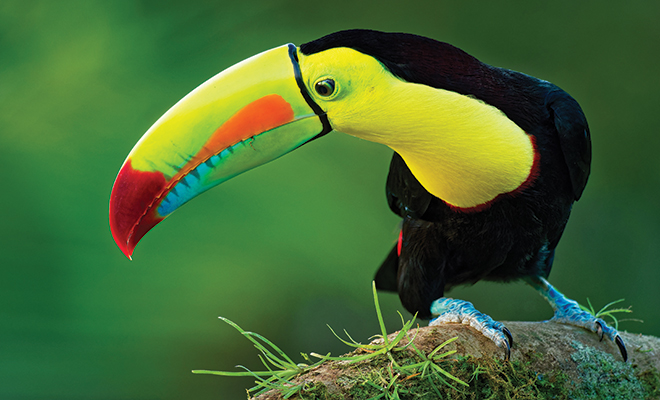
Combine Voluntarism and Travel: Animal Sanctuaries Need You!
Animal sanctuaries are wonderful places to volunteer for adults of all ages. You get exposure to the animals in the wild and at the same time make a contribution to their survival. Volunteering gives you a chance to experience fascinating tourism while contributing valuable manpower to conserving species in crisis.
There are some things you should know before taking off. One, the experience is not free. Usually there is a registration fee and there will be fees for the length of your program. Fees run from $764 for four weeks in Costa Rica to several thousand dollars. The program fees include all accommodations, meals, project coordination and program support. This does not include your travel expenses, required medical check-ups, potential new gear, language classes, snacks, excursions on your free time and souvenirs. Prices will vary depending on the final destination and length of your program. Some volunteers look for support from university scholarships and even GoFundMe accounts to mediate costs.
When you’re considering volunteering in an animal sanctuary, the first things you should decide are where you want to go and which animals you want to work with. Then you can research your options. Go Abroad and IVHQ are good places to start and have sites in Asia, South America and Africa; Enkosini Eco Experience has sites in Africa. You want to be sure that your program is ethical, reputable and stable. You can also search under the individual animals that you wish to work with. Carefully consider your choice, as some locations are remote and feel like they are in the middle of nowhere. The remoteness may bring strange challenges that you are unprepared for. Volunteers need to take advantage of their time off to travel and get to know the local culture. Many programs prepare tours for their volunteers, so be prepared to enjoy them. You can always relax when you get back home.
Your volunteer program will probably give you a list of necessities to take with you. Be sure to stick in your own medications, enough for the length of time you’ll be out of country, sunscreen, insect repellent, a small first-aid kit, antihistamines and ibuprofen. Since you may be out of the big cities and in the wild, be sure you throw in all those things you can’t live without, such as Nutella® and ramen noodles! Seriously, remember that the import taxes raise the price of American goods considerably, so pack what you crave and a few extra books to read when you have time, such as on long flights. Since you are going to be working closely with animals and working in shelters or the animals’ native habitats, your clothes should be comfortable and easily washable. Carefully follow the local culture’s dress codes.
The range of volunteer programs is wide and far flung. Below are some of the more interesting programs available at present. Two programs are right here in the United States!
Elephants World Mahout Program
Located in Kanchanaburi, Thailand, the Elephants World Mahout Program allows participants to have close contact with the one elephant assigned to them for their stay. The volunteer works closely with the elephant’s mahout, or caretaker. You will learn the elephant commands, feed and gather food for the elephant, perhaps even cook food for the weakest elephants, clean the elephant area, bathe the elephants and experience Thai culture and the mahout life.
Toucan Rescue Ranch
Located in Costa Rica, the Toucan Rescue Ranch specializes in toucans, sloths and owls but receives and cares for many other animals. Their mission is to rescue, rehabilitate and release to the native environment when possible. Volunteers are expected to clean the animals’ kennels and habitats, prepare food, assist with examinations and treatment, monitor animals and other duties as assigned.
Zaksee Parrot Sanctuary
Located in Tampa, Florida, the sanctuary offers high school and college internships as well as twice monthly two-hour programs. Duties include cleaning cages and the yard, feeding the birds and helping visitors socialize with the parrots. Volunteers who work in maintenance help with repairs to the facility, do yard work and other tasks.
Wild Horse Rescue Center
At this 40-acre facility in Webster, Florida, volunteers typically work on daily chores such as mucking stalls, daily horse care and exercise, socialization of the horses and improvements to infrastructure. Volunteers are expected to share in the housekeeping chores of their dorm and have one day a week off. They’re free to visit nearby Orlando and its many attractions.
There are many more volunteer programs out there. Conduct your own research to find out if your favorite animal needs help in an exotic location. ■
Sources: toucanrescueranch.org, elephantsworld.org, volunteerhq.org, rusticvolunteers.org, enkosini.org, wildhorserescuecenter.org and goabroad.com.







